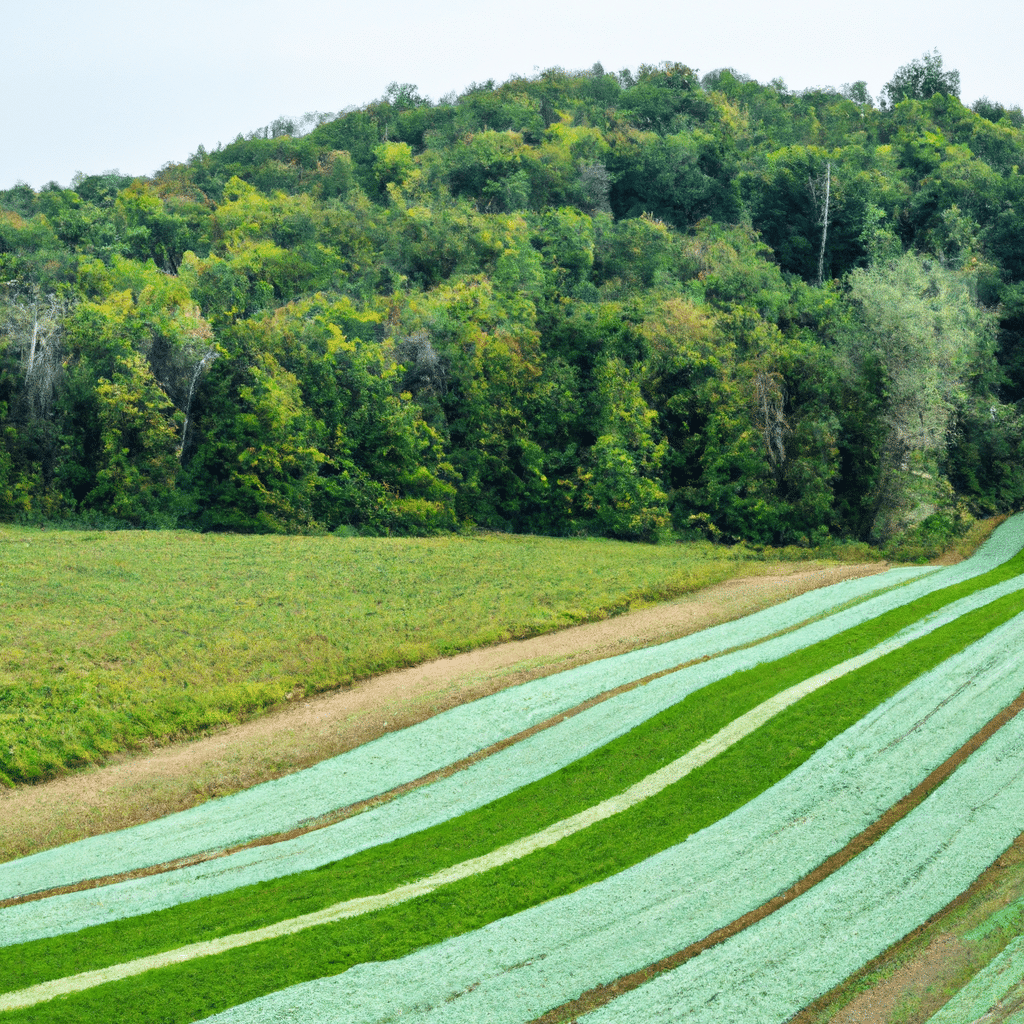In recent years, the world has witnessed a growing need for sustainable farming practices. As the global population continues to increase, the demand for food production escalates, putting immense pressure on agricultural systems. However, traditional farming methods have often resulted in soil degradation, loss of biodiversity, and environmental pollution. To address these challenges, innovative approaches to soil management have emerged, offering promising solutions for sustainable agriculture. In this article, we delve into the latest advancements in soil management techniques that can help farmers foster healthier soils, improve crop yields, and minimize negative impacts on the environment.

The Importance of Soil Health
Before we explore the innovative soil management practices, it is crucial to understand the significance of soil health. Soil is not merely a medium to anchor plants; it is a complex ecosystem teeming with life. Healthy soils support the growth of beneficial microorganisms, earthworms, insects, and other organisms that contribute to nutrient cycling, water retention, and overall ecosystem balance. Moreover, soil acts as a carbon sink, helping mitigate climate change by sequestering carbon dioxide.
Regenerative Agriculture: A Holistic Approach
One of the most promising innovations in soil management is regenerative agriculture. This holistic approach focuses on rebuilding soil health and vitality by mimicking natural ecological processes. By incorporating diverse cover crops, reducing tillage, and practicing crop rotation, regenerative agriculture enhances soil organic matter, improves nutrient cycling, and minimizes soil erosion. These practices not only contribute to sustainable farming but also foster resilient ecosystems capable of withstanding climate change impacts.
Precision Agriculture: Optimizing Resources
In the era of technology, precision agriculture has revolutionized farming practices by harnessing the power of data and automation. Through the use of sensors, drones, and GPS technology, farmers can precisely monitor soil conditions, moisture levels, and nutrient requirements. By collecting real-time data, farmers can make informed decisions regarding irrigation, fertilizer application, and planting strategies, minimizing resource wastage and maximizing crop productivity. This data-driven approach not only enhances soil management but also leads to more efficient and sustainable farming practices.
Conservation Tillage: Minimizing Soil Disturbance
Traditional plowing techniques have long been associated with soil degradation, as they disrupt soil structure, increase erosion, and deplete organic matter. Conservation tillage, on the other hand, offers an alternative approach that minimizes soil disturbance. By reducing or eliminating tillage, farmers can preserve soil structure, enhance water infiltration, and reduce erosion risks. Conservation tillage practices, such as strip-till and no-till, not only improve soil health but also promote carbon sequestration, mitigating the effects of climate change.
Biochar: Harnessing the Power of Carbon
Biochar, a form of charcoal produced by heating organic matter in the absence of oxygen, has gained attention for its potential to improve soil fertility and sequester carbon. When incorporated into the soil, biochar enhances nutrient retention, increases water-holding capacity, and fosters microbial activity. Additionally, biochar acts as a long-term carbon sink, reducing greenhouse gas emissions and mitigating climate change. By harnessing the power of carbon, biochar offers a sustainable solution for soil management, while simultaneously addressing environmental concerns.
Integrated Pest Management: Balancing Ecology and Crop Protection
In conventional farming, the use of synthetic pesticides often leads to unintended consequences, such as the destruction of beneficial insects, soil pollution, and the development of pesticide resistance. Integrated Pest Management (IPM) provides an innovative and sustainable alternative that focuses on balancing ecological principles with crop protection. By employing a combination of cultural practices, biological control agents, and targeted pesticide application, IPM minimizes the negative impacts on soil health and biodiversity while effectively managing pests. This approach not only safeguards soil ecosystems but also ensures the long-term viability of agricultural systems.
Conclusion
As we delve into the latest innovations in soil management for sustainable farming, it becomes evident that there is a wealth of opportunities to improve agricultural practices while preserving the environment. Regenerative agriculture, precision agriculture, conservation tillage, biochar utilization, and integrated pest management represent a few of the many innovative approaches that farmers can adopt to enhance soil health, increase crop yields, and mitigate climate change. By embracing these advancements and furthering research and development in the field of soil management, we can pave the way towards a more sustainable and resilient future for agriculture. Let us break ground and embark on this transformative journey together, ensuring a brighter tomorrow for both farmers and the planet.



